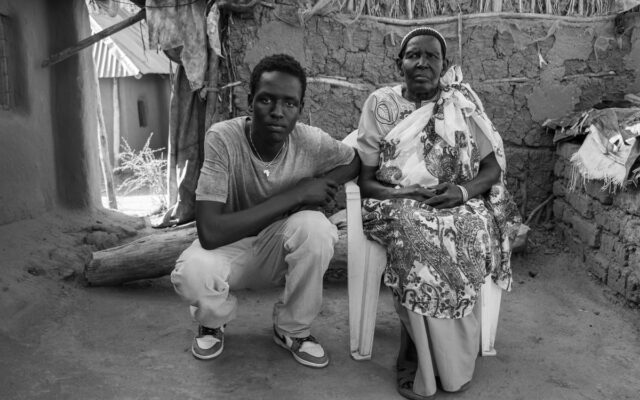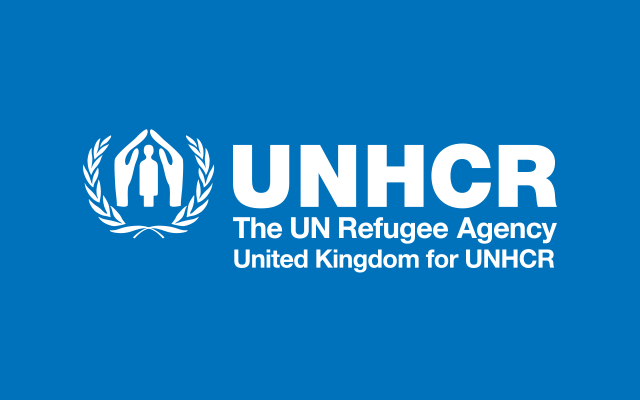“This business provides for their families and mine and the community at large.”
Meet Isaac – a budding entrepreneur who is determined to give back to his community.
08.05.24
Kakuma, Turkana County, sits in a remote, isolated and arid region of Northwest Kenya.
The closest commercial airport is four hours away, and inadequate roads limit the movement of people and goods.
Yet, the establishment of Kakuma refugee camp in 1992 has led to the significant growth of the local market, bringing a new dimension to a place traditionally characterised by livestock rearing and subsistence farming.
The arrival of over 275,000 refugees in Turkana has prompted a surge in businesses, and now there are thousands of enterprises scattered around the camp and in neighbouring Kakuma town.
Grocery stores, cosmetics shops, restaurants, cafes, tech hubs and dukas (general stores) all contribute to the newfound hustle and bustle of the once desolate area.
Over time, the camp and town have grown increasingly interdependent, with the camp becoming an intrinsic part of Turkana’s socioeconomic makeup.
Meeting needs and enriching communities through sustainable livelihoods
The economic inclusion of refugees brings benefits to refugees and host communities alike.
For refugees, being able to secure a safe and sustainable living means access to food, healthcare, housing and other services in a safe and dignified manner; and looking at the bigger picture, this helps to ease social and economic pressures on host communities.
Despite the endless benefits that access to sustainable livelihoods brings, refugees and other forcibly displaced people are frequently denied the opportunity simply to work for a living.
UNHCR Kenya is at the forefront of creating an enabling environment for sustainable livelihoods, focusing on advocacy, coordination and the mobilisation of various actors.
Specialised training, business development services and financial support initiatives are examples of some of the many programmes supported by UNHCR.
Isaac’s Story
Isaac, a young refugee from Kigali, Rwanda has two dreams: to do business and to help his local community.
Since his arrival in Kakuma camp in January 2016, he’s made significant headway towards achieving both.
Being out of work made the first 8 months of living in the camp hard, but through resilience and determination he overcame his difficulties, and he eventually secured a grant from a friend worth 12,000 shillings.
The grant enabled him to buy a modest amount of goods which he was able to sell for a small profit. At this point, he lacked any knowledge of business, so he learned through observing how others ran their own businesses.
In 2019, Isaac enrolled in a livelihoods training programme run by UNHCR and partners. The knowledge, skillset and financial loan he acquired following the 6-month training helped facilitate his business’ success.

Siaka Manirafasha, 27 in his shop in Kalobeyei where he has employed five refugees and 1 Kenyan. © UNHCR/Charity Nzomo
To date, Isaac has employed six more refugees, paying them all a salary. He is proud that, “This business provides for their families and mine and the community at large.”




